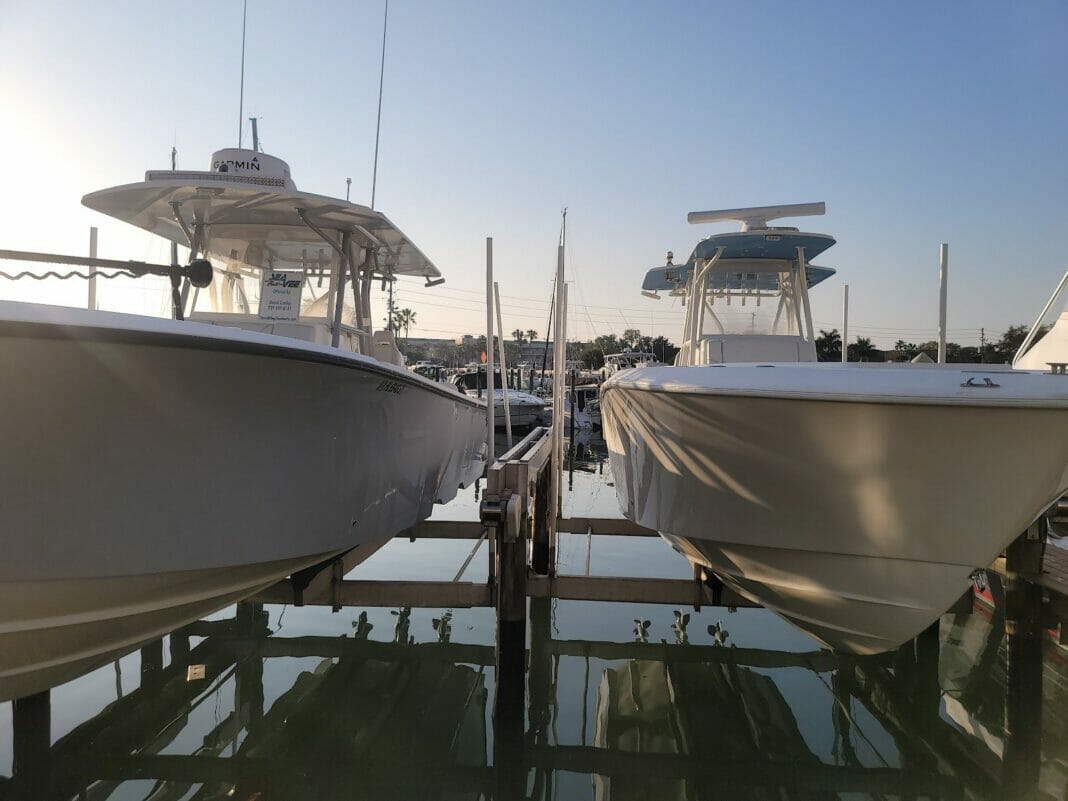The thought of owning a boat can conjure images of breathtaking sunsets on the open water, endless days of fishing, watersports with friends, and a variety of unforgettable adventures. But before you dive headfirst into boat ownership, it’s critical to weigh the costs and potential benefits associated with this significant investment. The key is understanding whether buying a boat is a good fit for your recreational and financial priorities.
The True Costs of Owning a Boat
When considering the purchase of a boat, it’s essential to understand the full range of costs beyond the initial purchase price. While acquisition costs can be substantial, they are only the tip of the iceberg when it comes to boat ownership expenses.
Purchase Price
Boat prices vary significantly based on type, size, and features. Small vessels used for fishing or watersports can start around $10,000, while larger pleasure boats or luxury yachts can cost well into the millions. It’s essential to carefully examine your boating needs and budget to determine a price range that suits your goals.
Financing
Unless you’re in the enviable position to pay cash upfront for your boat, financing will be a significant consideration. Interest rates and loan terms will vary based on several factors, including the type of boat, purchase price, and your credit score.
It’s essential to explore multiple financing options, including loans through dealerships, banks, and credit unions, to find the best terms for your situation. The length of repayment will also impact your monthly costs, so be sure to factor this into your budget.
Insurance
Boat insurance is a crucial expense, providing a variety of coverage options for your vessel, as well as liability protection. Similar to cars, the cost of boat insurance will depend on factors such as the size and type of boat, the area where the boat is stored and used, and your personal experience and history with boating. Expect to pay several hundred dollars a year for insurance, although this can vary widely depending on your specific situation.
Storage and Slip Fees
If you don’t have a place to store your boat at home, you’ll need to consider the costs of storing the boat at a marina or storage facility. This can add up quickly, depending on the size of your boat and location.
Additionally, if you want to keep your boat in the water at a marina (as opposed to trailering it), slip fees must also be a part of your calculations. Fees for boat slips can vary significantly based on location, amenities, and boat size, easily adding another monthly expense into the mix.
Maintenance and Repairs
Like any mode of transportation, boats require regular maintenance to function properly and safely. This includes routine tasks such as oil changes, filter replacements, and winterizing (in colder climates), as well as more extensive repairs.
You should expect to spend at least 10% of the boat’s value on annual maintenance, not including any unexpected repairs. Additionally, keep in mind that the larger and more complex the boat, the more you can expect to spend on maintaining it.
The Benefits of Boat Ownership
While the costs of owning a boat can be substantial, for many people, the benefits far outweigh the financial obligations.
Enjoyment and Recreation
One of the most significant benefits of owning a boat is the pure enjoyment it can provide. Boating provides a unique opportunity for relaxation, exploration, and adventure on the open water. For fishing enthusiasts, a boat can grant access to prime fishing spots and allow longer excursions. Water sports, such as wakeboarding, tubing, and skiing, can also provide hours of entertainment and excitement.
Family Time and Socialization
Owning a boat can be a chance to bring families and friends together, creating lasting memories and bonding experiences. Time spent on the water can strengthen relationships and provide much-needed getaways from daily life’s stress and distractions.
Potential Rental Income
For boat owners interested in offsetting some of the ownership costs, exploring opportunities to rent out their boat when not in use can be an attractive option. By using a platform like Boatsetter or GetMyBoat, boat owners can safely and effectively rent their vessel to experienced and vetted boaters for short-term use.
So, Is Boat Ownership a Good Investment?
Financially speaking, it’s challenging to make the case that boat ownership is a “good investment” in the traditional sense. Boats depreciate over time, and the costs of ownership can add up quickly.
However, when considering the intangible benefits of enjoyment, family time, relaxation, and adventure that boat ownership can provide, it may be a worthwhile investment. As with any significant investment, each individual should weigh the costs against the benefits to determine if boat ownership aligns with their priorities, both financial and recreational.


